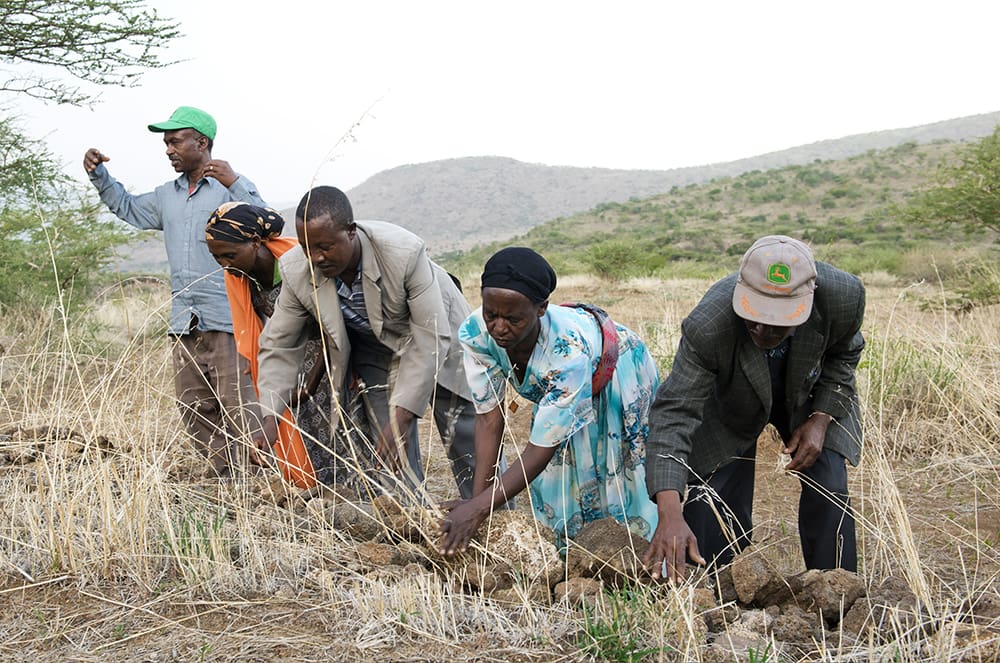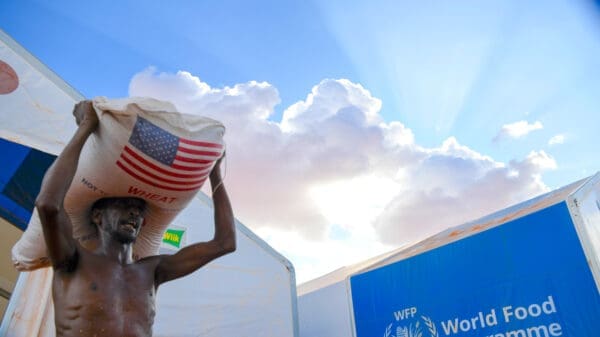Why Clean Water Is Crucial for Solving Hunger

March 22 is World Water Day—a time to recognize one of the most precious resources on our planet.
Food and water are inseparably linked in the fight to end global hunger. An adequate supply of water is essential for growing the crops that feed the planet and increasing household incomes among the hundreds of millions of hungry people whose livelihoods are based on small-scale agriculture.
When it comes to preventing hunger and malnutrition, clean drinking water is just as important as food. Many of the thousands of children who get sick or even die from malnutrition every year are victims of diseases (such as diarrhea) that are transmitted by drinking unclean water. These diseases prevent the body from absorbing and using vital nutrients even if adequate food is available.
Innovative food assistance programs such as those supported by the United Nations World Food Programme address the shortages of both food and water that cause hunger, particularly in drought-prone areas of the developing world. I have seen firsthand the positive benefits of Food for Assets programs in rural Ethiopia.
In these programs, food is provided to poor families in times of crisis in the form of payment for work on small-scale community irrigation and land-rehabilitation projects. These communities also benefit from WFP’s technical advice, which ensures that their work has lasting benefit that will enable future generations to grow more food and reduce hunger in times of future water shortage.
These projects are great examples of “low tech” solutions that can be implemented in even the most remote and underdeveloped areas. A new well can provide clean drinking water. Simple manmade ponds or small reservoirs can make a tremendous difference in the capacity of drought-prone communities to continue harvesting crops even when rainfall is short.
Before WFP came to the village of Abraha Atsbeha in northern Ethiopia, for example, families struggled every day to put food on the table. Local farmers knew the problem was all around them: Degraded soil and poor rainfall that sometimes verged on drought.
But thanks to WFP’s assistance, the village has built and restored wells across the area that have turned the dry, barren landscape into green hillside that produces coffee, grains and vegetables.
This Sunday, I’m celebrating communities like Abraha Atsbeha for helping build a future where everyone has access to clean water and nutritious food.
Together, we can solve hunger for good.
*Allan Jury was the vice president of public policy at WFP USA until 2016.




